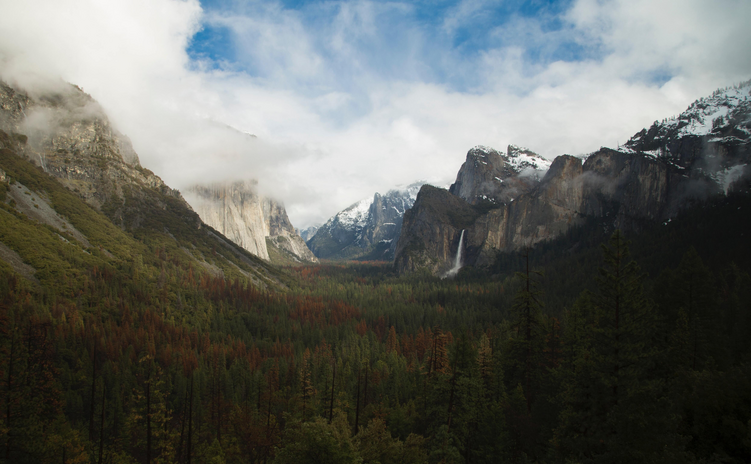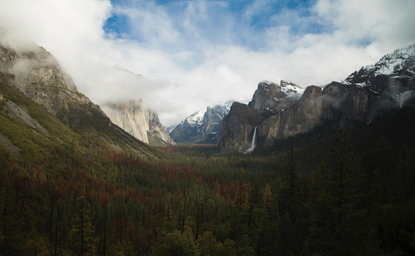The concept of paradise has been a response to and awakened many feelings and realities. The notion is derived from Akkadian and Persian roots- pardesu and paridayda respectively, which means structures or enclosures. The theme of a divine garden where Gods resided amidst riches and luxuries including abundant animals and precious stones runs through the Hebrew Bible Story of Genesis, the Christian Garden of Eden, Islam’s Firdaus and Best Existence/ House of Song in Zoroastrian Avesta. These were places of plentiful happiness where the virtuous dead solely resided.
A superficial glance at the Quran’s portrayal of Jannah would surface construction of paradise as a reflection of people’s earthly capped desires –on the entrance, the righteous immortal is greeted by angels saying “Peace be upon you because ye have endured with patience; how excellent a reward is a paradise!”. In the classical interpretation, ‘the Garden’ is filled with material delights like constantly flowing water-a major appeal point for the desert-dwelling Arabs; there will be a beautiful maiden for men and virgin men for women; all inhabitants remain of the same age (33 years) and treated equally in this world where no dearth of hurt, sorrow, fear, shame exists; they done exquisite robes, ornaments while partaking delicacies served in priceless vessels while reclining on jeweled couches! Such is the description of paradise in the Holy Quran.
In a wider sense, ideas of oneness with the divine in Hinduism and extinguishing of sorrows in Buddhism relate to the bountiful paradise in the broader sense of reaching bliss. Cut to the 20th century, the rise of populist regimes pressing ‘the good old days’ nerve point of the masses- when abundant resources ensured prosperity, peace and other virtues of the highest order were available reflect the same trend. In contemporary India, motivations for a return to ‘Vedic Past’ or ‘Ram Rajya’ echo paradise envisions that, of course, ignore the discipline of history. Moreover, the preliminary notion of an after-life paradise drives fundamental communities to the brink of crude destruction.
Sapphire blue sea, pristine golden dew beach, warming yellow overtones and aesthetically swinging palm trees are more like this worldly conception of Paradise. This change in context from garden to beach can be traced to medieval Western Europe when Christendom vexed cartographers to locate Eden on the map. With the enhancement in navigation techniques, travelers set out to discover, among other things, Christian paradise which was said to be lying in the east of Eden. Christopher Columbus’s arrival to the New World of Caribbean Isles presented a Genesis Eden bounty. Religious motives were replaced by secular exploitation of natural landscape whose gates (shores) became unconditionally open to the ‘heroic conquistadors’. Presently, exploitative tourism of the Neo-Colonial framework prevails such that paradise has been commodified into an exotic gate away, serviced by the native angels. Eco-system destruction and loss of local economies are the broad ramifications of tourist money being spent on transnational corporations. A Slow Food article writes, ‘Countries such as Jamaica, the Dominican Republic, Barbados and St. Lucia are the largest importers of seafood. The population of El Salvador, for example, consumes 5 kg of fish per person per year, while the world average is 19 kg per person per year, making it the country that has the least access to this protein in this territory.’
The exploitable paradise assertion bears in contrast to the 18th century Romanticism movement, challenging the Neo-Classical view of civilized townsmen as distinct from the unruly wilderness. Sentimental philosophy – a precursor to romantic thought, articulated that man would find the response to his own instinctive goodness, its sanction and support in the Genius of Nature, the beauty and harmony of which assured him that the universe was the best of all possible worlds. In Britain, Romantic poets like Wordsworth and Coleridge painted literary mysticism and awe around natural landscapes. There wasn’t a mere flowery portrayal of landscape in verse but the representation was colored by imagination and intense emotion. This imagery attracted the nature deprived, turning a literary landscape into a tourist destination. J. Zaring, in the Romantic Face of Wales writes, “Wales all but ignored for most of the 18th century was discovered by the romantic imagination.” Popularized by Gilpin and Wordsworth, among others, the Welsh countryside attracted hundreds of travelers, anxious to view the mountain torrents, waterfalls, lakes, gloomy clouds, and muted colors that fashion had rendered sublime. The quintessential family in such settings was rosy-cheeked and sweet-tempered from their pure and natural life, eating in their spacious apartment of a kitchen, full of hanging sides of bacon, strings of vegetables, and bright utensils (Zaring). On the downside, such images sprouted from the poet’s imagination-omitting elements not meeting idyllic expectations. As a result, the description driving popular tourism transcended the environment’s actuality marked by rural poverty, childhood mortality, expanding industrial development’s nexus like copper mines, slate quarries and factories.
On a personal level, a couple of years ago, I was trekking back from a ‘wholesome Himalayan sojourn’ and started chatting to three locale women, in their 50s. I remarked on how lucky they were to live in a place as beautiful, but they disagreed. Life in the mountains is tough and now that I recollect, these women were out on chores while I was doing a leisure walk. If pristine natural solitude is not paradise, then what makes overworked city-folks flock to such places at the first chance of break?
The far and beyond view of paradise, with heaven as its limits, has been a fantasy made for conformity, exploitation and escapism. It is perhaps a recognition that life essentially sucks and versions of paradise, however saintly or devilish they might be, motivate people to trudge along their sorrowful path. As Cold Play once said:
In the night the stormy night, she’ll close her eyes
In the night the stormy night away she’d fly
Dream of para-para-paradise
Para-para-paradise
Paradise could be a non -zero-sum game, if one’s extant conditions are sought with contentment and opportunities- a here and now Paradise.


